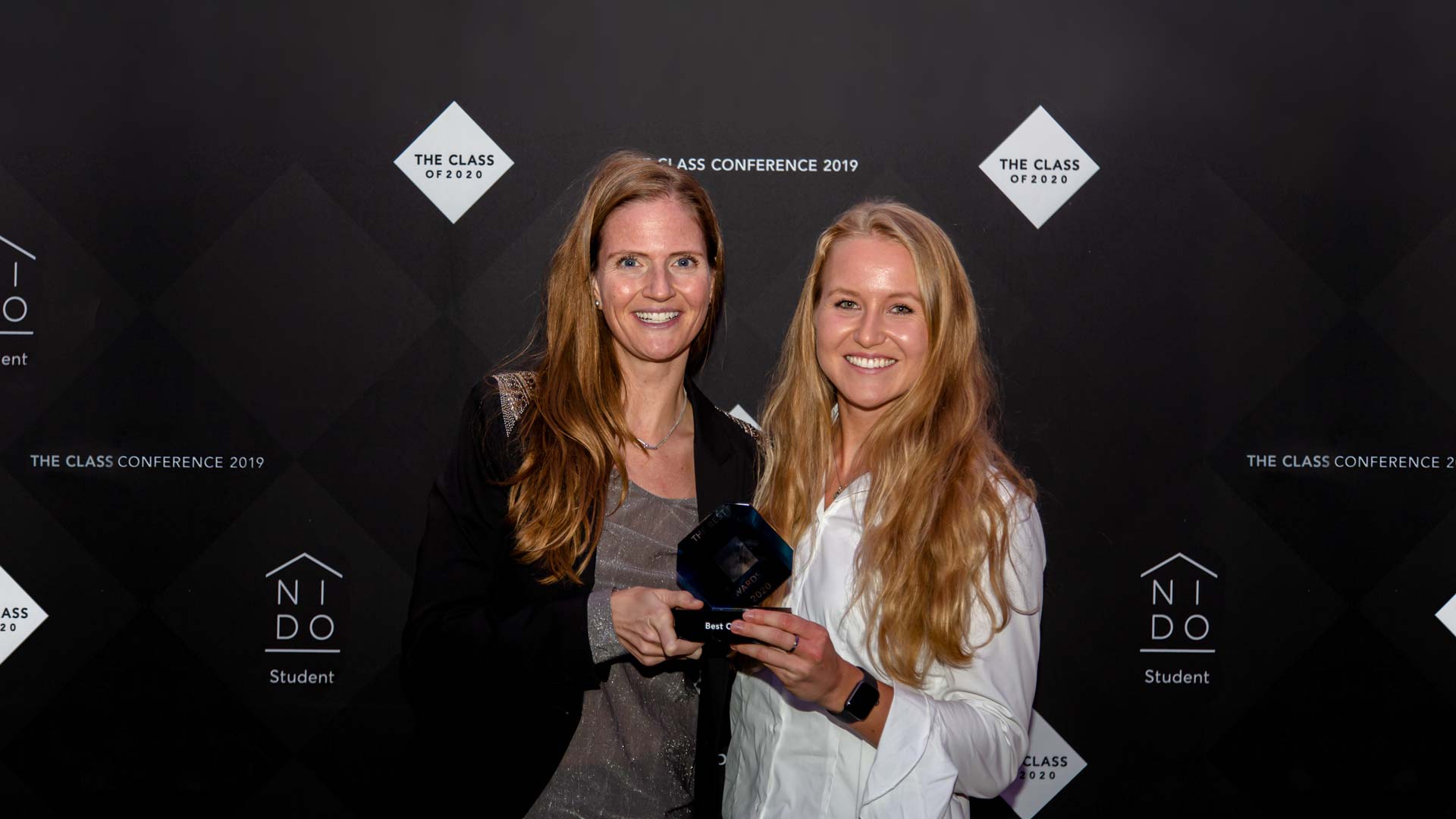On April 6th the semester starts again and we are ready to learn and develop new things together in our lectures and projects, even in times of the coronavirus. These are our tips for successful remote studies environments.
We are already well versed in online technologies like Moocs but it is of course a new challenge for us to stay motivated far away from the lecture hall. In this article we will share our experiences with you to help you get your studies off to a smooth start. If you want to dive in deeper into this topic, why not join one of our webinars or workshops? You can sign up here and also schedule a time to speak to one of our student advisors.
Whether it is your first time or you already have experience with learning online, we believe that a structured daily routine and discipline can help everyone to create a good learning environment.
Your learning environment
Do you have everything you need to start your studies successfully? Computers, headsets, notepads and pens are probably already in front of your eyes, but it also helps you to target the room in which you will study. Make sure you have a table at the right height in relation to your body, a comfortable chair and good light to protect your body and eyes.
Your daily learning routine
Self-discipline and a good learning structure are essential for successful remote learning. We believe that you can achieve a lot with good organisation and a good mood.
1. Create a daily To Do list
To Do lists can be incredibly helpful to keep track of things and also motivate yourself! Who doesn’t have a shot of dopamine going through their body when checking off a to do on a long list?! But if your list is too long, it’s better to divide it into smaller sections and work through it thematically.
2. Stick to an established routine
It is important that you maintain a routine and don’t fall into a holiday mode. It is best to create a weekly calendar with the lectures you will be attending, the homework that needs to be done and the breaks you need to take to stay healthy and happy.
So that you don’t exhaust yourself in the morning, you should pace yourself. If reading is particularly strenuous, you could, for example, take 30 minutes to read and then move on to another activity. This way you can keep going longer without getting tired.
You should also reward yourself when you have done some of the work – the rewards vary from student to student, some like to take a break with coffee and a delicious cookie, others spend 10 minutes on Instagram, others meditate, talk on the phone or go for a walk. Find out what works best for you!
3. Prepare yourself a rich breakfast
Breakfast is the most important meal of the day for many people, a balanced and nutritious breakfast gives you energy for the whole day and also marks the time when you move from leisure to your learning phase.
4. Sleep well and take breaks
Sufficient sleep is always important, no matter whether you follow the lectures at home or at university. Sleep is beneficial for our memory, for our creativity and regulates many other important processes in our body. But especially now that you are relaxing and working in the same place, it is important to separate these two activities. Give yourself enough sleep so that you can switch from sleep mode to learning mode in the morning.
It is also important that you take breaks during your study time, just as you would on campus. Our brain cannot concentrate indefinitely and it is important that you give your body time to regenerate. Take a 5 minutes break – walk a little, stretch your body, get a coffee and you will come back to your desk refreshed.
5. Blend out any distractions
Your cell phone, the refrigerator, loud music, your pet, the television…in an average home there are many distractions that may lure you away from your learning goals. We advise you to eliminate as many distractions as possible. These include the radio, automatic notifications on your computer or cell phone, and other gadgets on your desk.
If you want to go even further, there are browser extensions available in the Chrome Store that block social media sites or remind you after a while how long you’ve been browsing on instagram.
6. Take your notes by hand
Psychologists have confirmed that we remember things better when we write them down compared to typing by hand. This gives your brain a double memory, it thinks the sentences, for example, and also actively writes them down. For example, if you follow a lecture by Mooc, you write down everything important on a notepad and when you go through the lecture again later, you can type the notes and have the duplication effect again.
7. Exchange with other students
Our lecture types and group projects encourage cooperation, but of course you can also actively help out and exchange ideas with your fellow students. You can exchange ideas during the Mooc lectures, learn together in small groups or stay in touch through other channels and motivate each other.
Our tips and best practices
So far these are our best practices and what has helped us to create a successful and pleasant learning environment. Just share your experiences, tips and tricks in the comments. We are looking forward to it!
If you are interested in finding out more about our university, take a look at our website!










